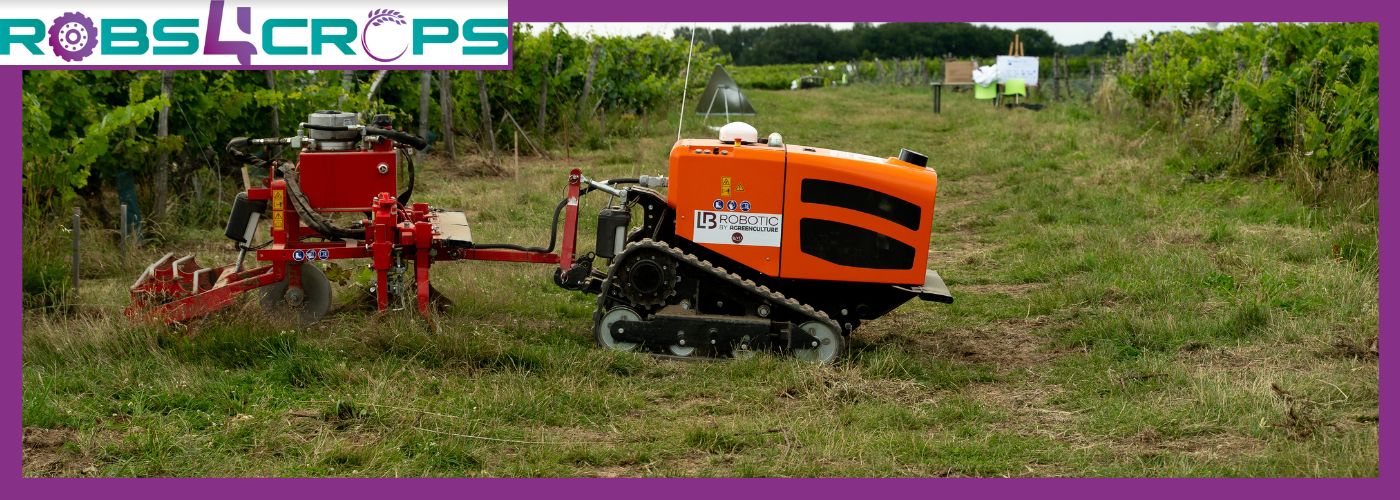French pilot team has some amazing results which have sparked discussion and debate about their potential impact on society. The widespread publicity of the pilot, which focuses on mechanical weeding in vineyards and vegetables with the CEOL robot, has attracted attention from both experts and the general public. In this article, we will explore the key findings of the study and examine the potential effects of these results on various aspects of society.
Simplifying Farmers’ Work with CEOL Robotics
The development of the CEOL robot has significant impacts on society in two main areas. Environmentally, it helps to reduce chemical weeding and the carbon footprint of farmers. It also improves the working conditions of farmers and their employees by reducing the tediousness of their work. Additionally, the growth of agricultural robotics has created a need for new jobs and training programs, such as land surveyors and robot shepherds.

Testing CEOL robot in real-life field conditions enables the French team building a solution that will meet the needs of winegrowers and their business ecosystem. Labs and experimental farms cannot simulate the issues and challenges that farmers encounter in the field (such as logistical constraints and the need for labour-saving solutions). The robot will help farmers reduce the time spent on mechanical weeding, and it will also allow them to work within the constraints of chemical regulations.
Motivations for French Pilot in 2023
The Robs4Crops experiments in 2022 have shown that many farmers are interested in using robots for mechanical weeding, and that the robot provides effective weed control. This, combined with the positive economic projections for our work, keeps us motivated to continue our efforts in 2023. The successful results of our experiments and the potential for economic success are driving factors in our decision to continue our work in the coming year.
In conclusion, the results of the French pilot have highlighted the potential impact of using CEOL robot for mechanical weeding on society. In order to fully understand the long-term effects of these results, the French team needs to do further research and analysis. Nevertheless, these results certainly contribute to a better understanding of Robs4Crops and its impact on society.
